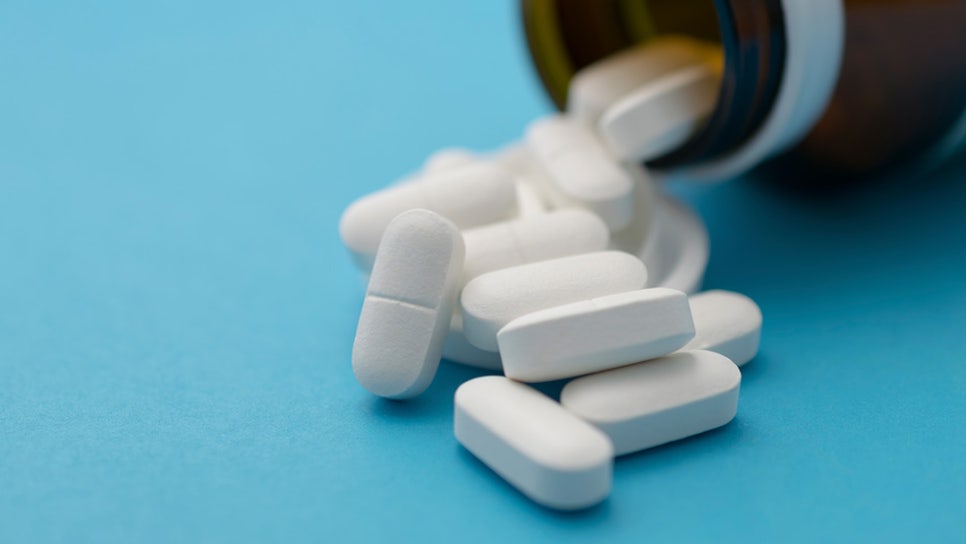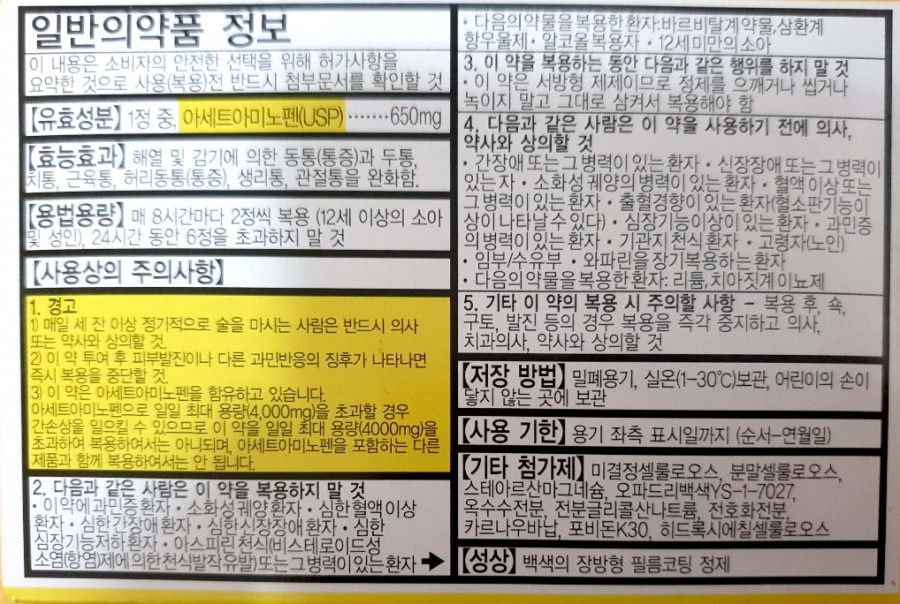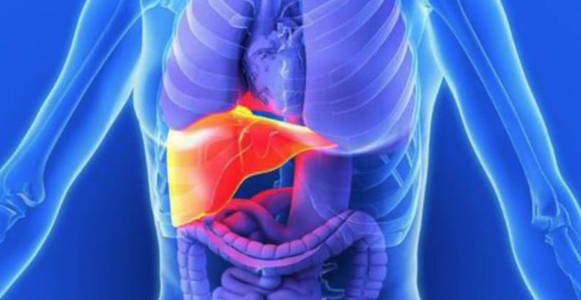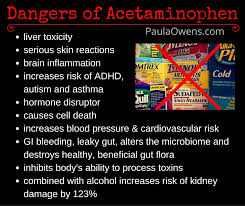타이레놀 효과 좋은거같아요 잘 보고갑니다
Tylenol! Many people take it when they have cold symptoms or
People often seek help when they have a headache or severe head pain.
It's a really famous fever reducer and painkiller!
Available for quick purchase at convenience stores
It has the highest sales rate among pharmaceuticals.
It is receiving a great deal of love.
However, many people are curious about it.
It's the time for the effects of Tylenol!
What is the actual duration of Tylenol's effectiveness?
To what extent will it be maintained?
There are many types of Tylenol.
The effect duration varies slightly depending on the type.
They say there is a difference!
Popular Tylenol ER and
Tylenol tablets 500 milligrams and
Let's compare, Tylenol tablets are
Because the effects of the medication appear relatively quickly
Fast and powerful effects for 4 hours
Although it persists, in the case of Tylenol ER
Because it melts away slowly inside the body
Effects lasting for 8 hours
They say they can see.
I usually take Tylenol tablets, 500 milligrams.
It is kept as an over-the-counter medication for use.
It seems that eating is the most comfortable when I suddenly have a fever or something.
Children also cut them in half and give them.
Fortunately, the fever was brought down after taking Tylenol.
I think you're listening well.
However, since there are individual differences, it's probably best to be well-informed and take it properly.
Tylenol is likely one of the most commonly used medications for fever reduction and headaches.
Is the acetaminophen ingredient in such Tylenol really a safe component?
Fever or inflammation that appears when a disease invades is a type of defense system produced by white blood cells.
Berk A. Kuner of New York Winsrop University Hospital said, "Fever-reducing anti-inflammatory painkillers should not be used except in special cases. Fever plays a crucial role in defending body tissues through the immune system, so lowering the fever with medication can actually weaken the patient's immune response."
Only a healthy body can generate the energy needed to raise the heat.
Having a fever indicates that the immune system, which keeps the body healthy, is functioning properly.
The occurrence of fever and inflammation is a positive sign that the immune system is functioning properly.
Inflammatory response is the phenomenon where white blood cells gather at the site of disease invasion, and antibodies produce heat during this process. This is because bacteria, viruses, and cancer cells are sensitive to heat.
Pain is the process by which the human body produces a natural interferon, a type of antibody.
Interferon is a special protein produced by immune cells when viruses or cancer cells invade the inside of a cell, and it plays a role in inhibiting viruses and cancer cells.
Sneezing and runny nose are phenomena that expel toxins and microorganisms from the body.
However, modern medicine prescribes antibiotics and anti-inflammatory painkillers, claiming that microorganisms cause fever, inflammation, and nasal discharge.
Actually, a fever is not dangerous.
The human body does not experience any problems even with a high fever exceeding 40 degrees Celsius, but bacteria, viruses, and cancer cells are all destroyed at temperatures above 40 degrees Celsius.
It is said that the warning about proteins inside the body coagulating and leading to death when the temperature rises to 42.6 degrees Celsius is incorrect.
A study conducted in 1978 by Japan's National Institute of Preventive Research proved that cancer cells are sensitive to heat.
As a result of exposing cancer cells extracted from the human uterus to temperature variations between 32°C and 43°C, it was observed that all cancer cells were destroyed at temperatures above 39.6°C, while normal cells remained unaffected.
Since inflammation, fever, and pain are normal immune responses, it is said that maintaining mild inflammation to always defend against external invaders is acceptable. Especially for infants, as their immune system is still developing, suppressing inflammatory responses with anti-inflammatory and analgesic medications can dangerously weaken their immune system.
Furthermore, prostaglandins, natural hormones that constrict blood vessels and produce heat and inflammation, are said to not only cause inflammation but also protect the inner lining of the stomach.
However, because non-steroidal anti-inflammatory drugs (NSAIDs) inhibit the production of prostaglandins, inflammation may not occur, but gastrointestinal bleeding can also happen.
So, what would happen if I took Tylenol, which is said to be safe?
Is the effectiveness of Tylenol really good?
According to the Tylenol website, acetaminophen was discovered from the prescription of acetanilide. It was found to be effective by a French doctor in the late 19th century, but it is said that this was actually a misprescribed drug. Originally, naphthalene was intended to be prescribed, but due to a pharmacy mistake, the medication was delivered incorrectly, and the patient suddenly became an experimental subject.
Acetaminophen was approved for use by the FDA in 1951.
Although it has been widely used for a long time, experts say they do not know exactly how acetaminophen works in the body.
It is believed that reducing the amount of brain chemicals that cause inflammation and swelling is the key.
It is also said to increase the pain threshold to reduce pain sensation.
It is said that acetaminophen affects the part of the brain that regulates temperature, thereby lowering fever.
Tylenol is considered one of the medications that health authorities around the world handle with caution due to serious side effects such as liver cancer, kidney cancer, and blood cancer.
However, in the United States, where it can be easily purchased at regular supermarkets, an average of 56,000 adverse reaction cases are reported annually, and among them, about 450 people die each year directly due to the side effects of Tylenol.
Additionally, in the United States, approximately 60,000 people are hospitalized each year due to overdose of acetaminophen, and hundreds of them die from related liver failure.
It is said that taking Tylenol together with alcohol can lead to severe liver damage, potentially resulting in coma or death.
For this reason, it is said that if it is discovered now and an approval request is made to the U.S. Food and Drug Administration (FDA), it will inevitably be rejected 100%.
Because the side effects are so deadly, a professor from a pharmaceutical company stated that the FDA wants to withdraw it from the market, but since so many people use it easily and its effects are proven, it cannot be withdrawn due to its different mechanism of action from ibuprofen, and therefore no additional sanctions are necessarily imposed.
On the other hand, in France, where super sales are prohibited, it is reported that there are 5,000 adverse reactions and 6 deaths annually.
It is said that aspirin and Brufen are also almost the same.
In our country, where the super sale of Tylenol was previously prohibited, about 200 cases of Tylenol side effects were reported annually. However, what will be the outcome now that super sales are permitted?
Medications made with the ingredient of Tylenol include Penzal, Geborin, Saridon, and Oxytailnol.
Immediate side effects requiring treatment of Tylenol
Bloodstained or black, tar-like stool
Urine stained with blood
Fever with chills or fever without chills
Severe or sharp pain in the lower back and/or side
Red spots on the skin
Skin rash, hives, or itching
Sore throat
Ulcers or white spots on the lips or mouth
Sudden decrease in urine output
Abnormal bleeding or bruising
Yellow eyes or skin (jaundice)
Symptoms of overdose (1-10%)
Diarrhea
Increase in sweating
Loss of appetite
Nausea or vomiting
Upper abdominal cramps or pain
Swelling, pain, or tenderness in the upper abdomen or stomach area
Constipation
Indigestion
Anemia
Acute generalized tranquil pustulosis
Shortness of breath, pulmonary edema
Peripheral edema
High blood pressure or low blood pressure, tachycardia, chest pain
Headache or dizziness
Insomnia, Anxiety
Swelling around the eyes
I am well-informed about Tylenol and take it accordingly.
Take care of your healthy body.







